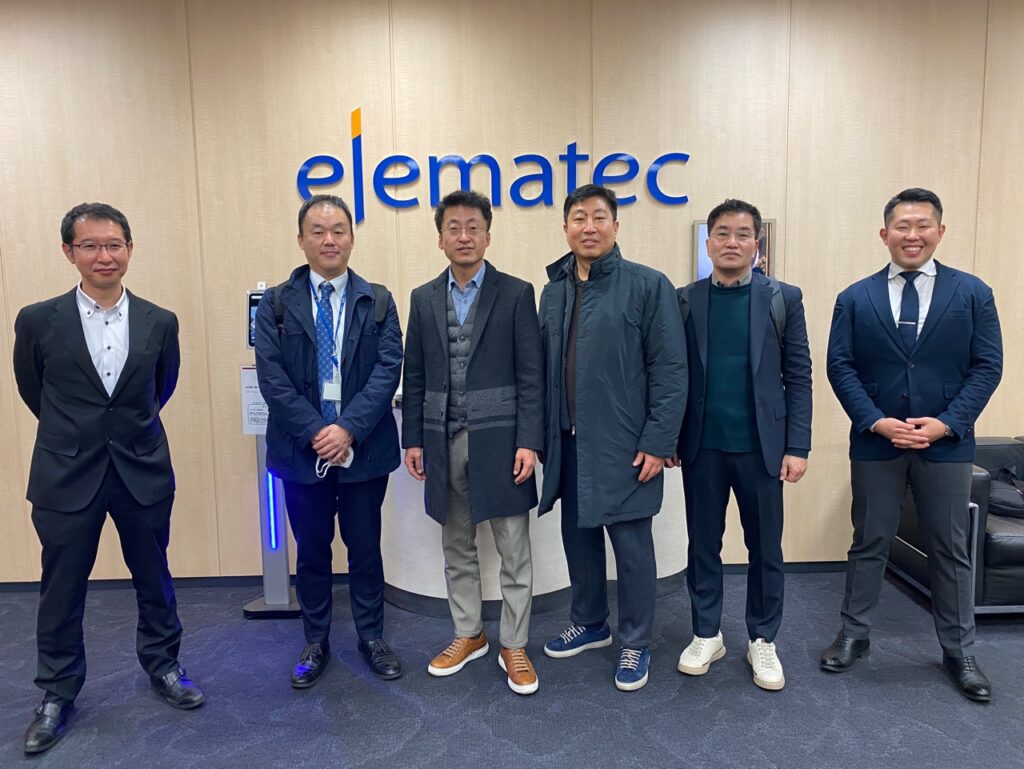
According to SMBC Nikko Securities, 223 companies currently included in Japan’s TOPIX index have raised their net profit forecasts for the fiscal year ending at the end of March 2023. (There were 109 companies that revised down their net profit forecasts.) In particular, most companies such as Honda and Nissan Motor raised their net profit forecasts for the fiscal year through March due to the influence of the exchange rate. Auto sales were expected to be lower due to a shortage of chips, but sales increased as the yen plunged to its lowest level in 30 years this year.
Elematec, a professional trading company under TOYOTA Group, also predicted that its earnings forecast for March 2023 will renew its all-time high profit compared to March 2020. [Sales : 38.6% increase (175,654 million yen ->243,500 million yen), Ordinary profit : 143.4% increase (4,499 million yen ->10,950 million yen)]
Although production activities of Elematec were affected by China’s zero-corona policy, contrary to initial expectations, as the exchange rate turned to a low yen, automobiles were carried out in the electronic system and sales of various subsidiary materials for game consoles increased. In addition, demand was generated in various fields such as 5G-related and industrial devices, resulting in good results.
Moreover, as a mid- to long-term management strategy, it is moving to acquire new business items and business rights while maintaining a sound financial base, and to implement alliances and M&As.
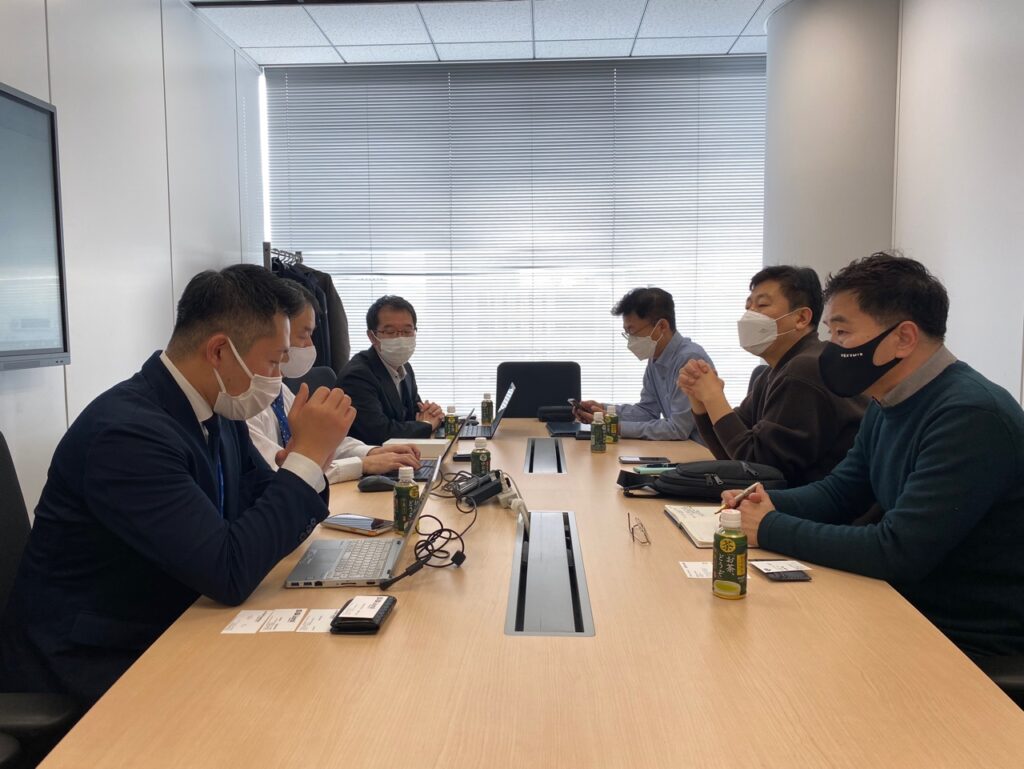
Fuji Soft’s system infrastructure construction project showed a good performance in December 2022 compared to its December 2021 performance. [Sales : 7.6% increase (194,833 million yen ->209,660 million yen), Ordinary profit : 6.4% increase (14,142 million ->15,044 million yen)]
Fuji Soft has been growing about 1.9 times its sales and 5 times its stock price from 2012 to 2021 over the past decade. (Growth achievement through investment in human resources for growth, promotion of prime routes, new technology challenges, expansion of company product sales, third-party product sales strategies, global strategies, and control of management costs)
In the future, it aims to generate 300,000 yen in sales by 2024 as a wide range of challenges to attractive new businesses.
In December, the US Asia Journal visited Japanese companies (Elematec, Fuji Soft, Clean First, JET) to introduce them to Korean companies and promote business between the two countries.
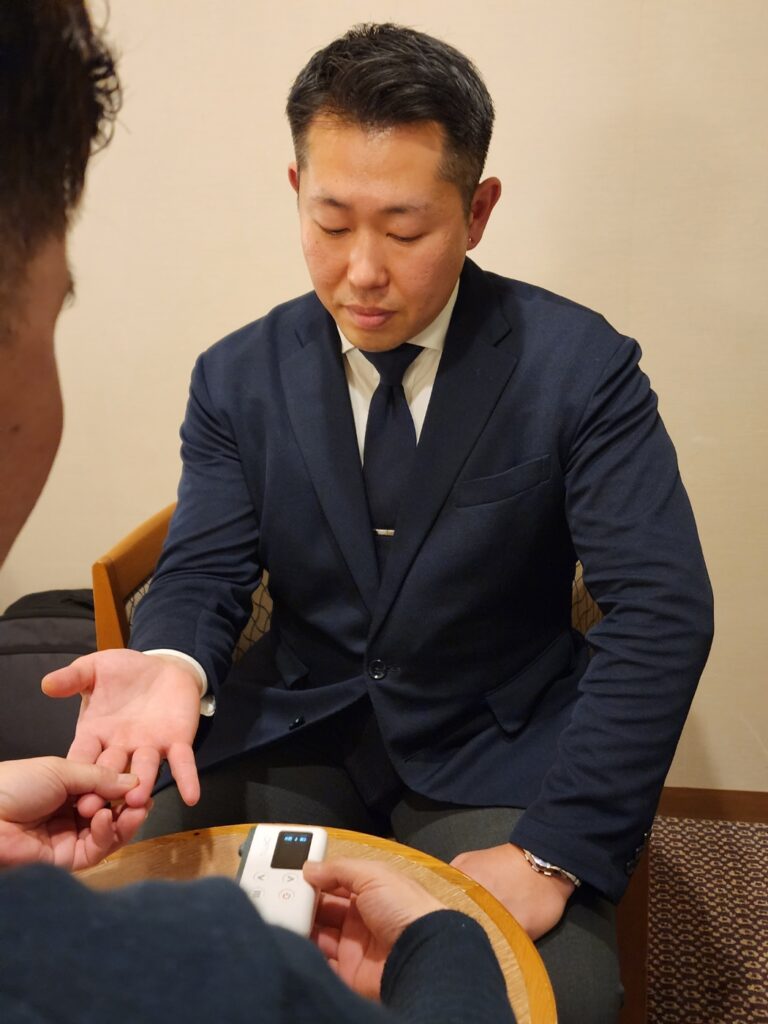
Elematec wanted to conduct sales activities for these 3 Korean companies (Infomining, GB Soft, and MVITRO) to companies in developing countries. [Infomining (developed a solution that the AI server analyzes the bio-signals of ECG, blood pressure, blood sugar, oxygen saturation, pulse, and body temperature through Smart Watch and informs the smartphone), GB Soft (developed a solution where AI Server analyzes the light from the camera lens and informs the bio-signals of blood pressure, oxygen saturation, pulse, and body temperature through Smart Mirror / PC / Notebook / Smartphone, etc.), MVITRO (developed a blood glucose meter that includes a laser blood collector)]
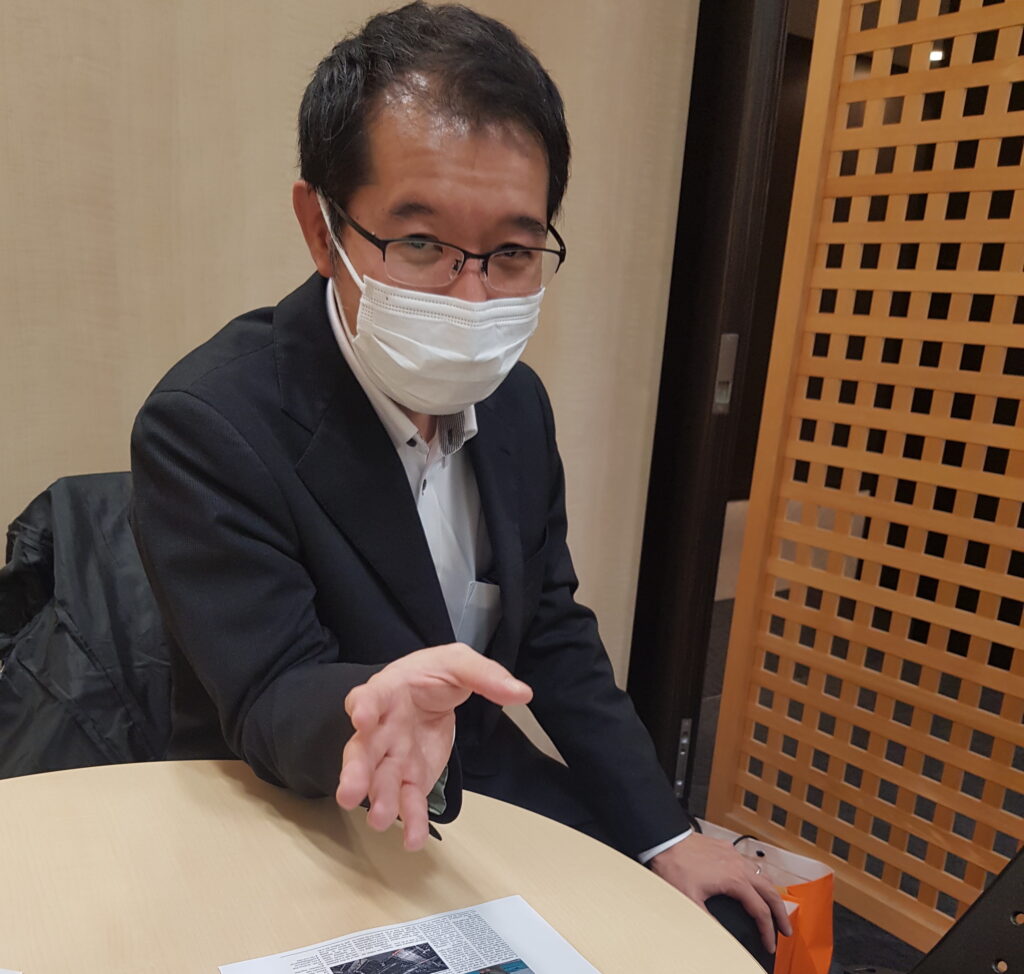
Fuji Soft wanted to conduct demonstration directly to understand the structure and principles of GB Soft’s solution. (This is to prepare the customer’s area setting and development project.) In addition, Fuji Soft decided to check whether Korean companies, MVITRO and Sungpoong Solled also have appropriate customers. [Sungpoong Solled (developed Floor type pedestrian traffic light)]
In addition to the solar power business they are doing, Clean First wants to focus on health functional foods and cosmetics as a new business, so the US Asia Journal will introduce Korean companies.
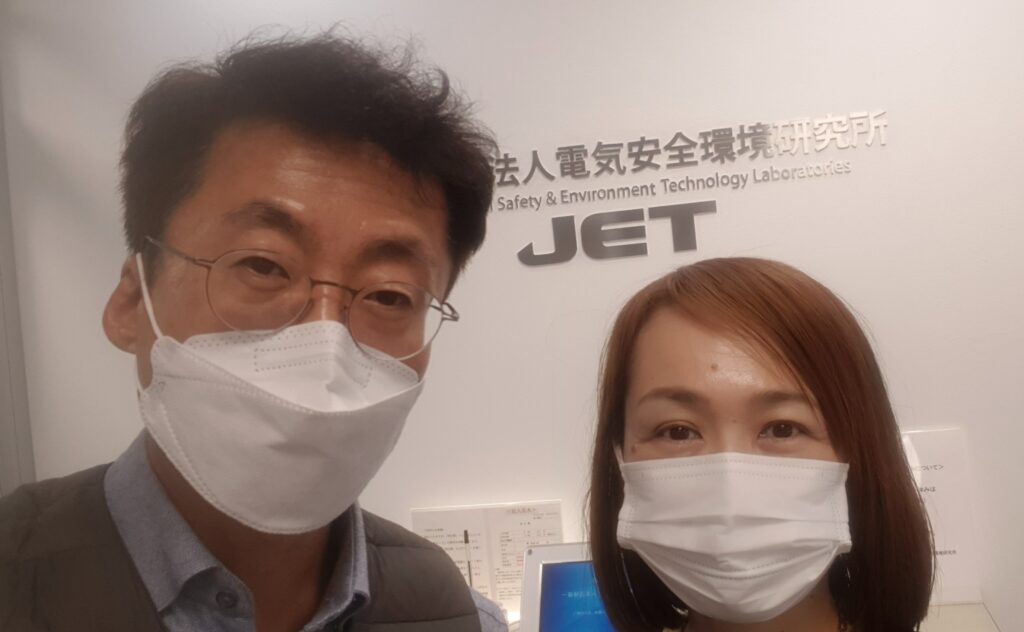
Finally, JET (Japan Electrical Safety & Environment Technology Laboratories) promised to help US Asia Journal and Japanese government agencies connect with PSE certification(Electrical certification) and medical certification, which are essential for Korean companies to enter Japan in the future.
Despite the COVID-19 outbreak, Japanese companies, whose sales have increased due to the low yen in Japan, are trying to maintain continuous growth in the future. It is a difficult economic situation, but with the willingness to revitalize business between the two countries, companies from both countries are showing a way to walk together.
MIKE CHOI
ASIA JOURNAL

